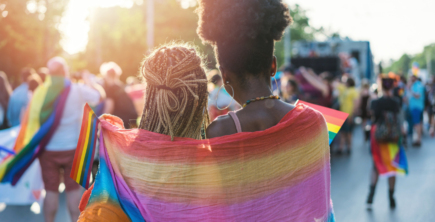
LGBT
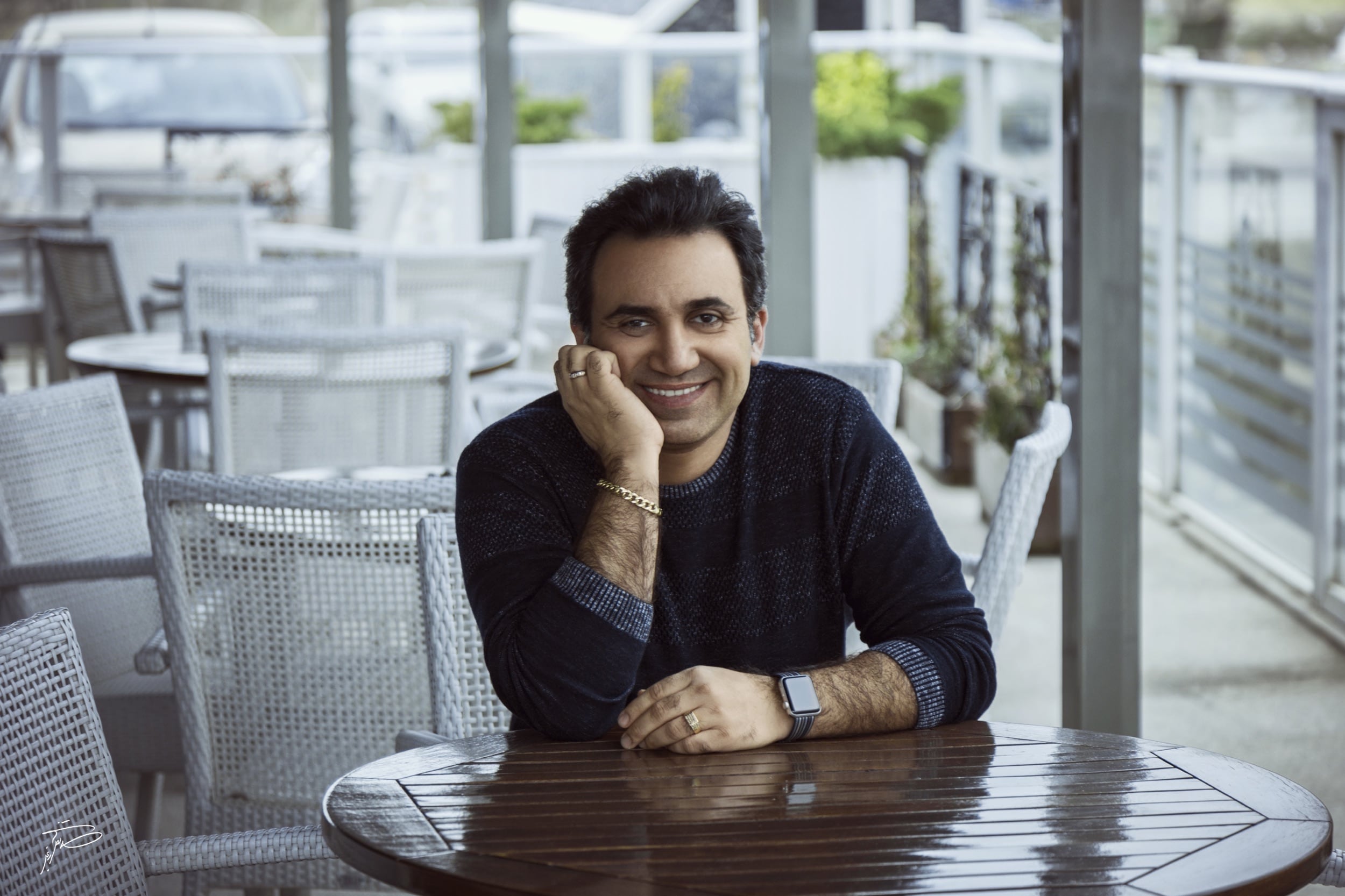
After years of threats to his life from his own government, Arsham Parsi fled his home country of Iran.
Today, as the founder and executive director of the International Railroad for Queer Refugees (IRQR), the first Iranian LGBTQ+ organization in the world, Parsi works to help other LGBTQ+ refugees escape persecution in the Middle East. The IRQR supports refugees throughout the entire resettlement process — which takes, on average, 5–8 years — by providing food, housing, medical aid, application assistance, and more.

Arsham Parsi, founder and executive director of the International Railroad for Queer Refugees (IRQR)
In honor of Pride Month, we spoke with Parsi, whose organization is supported by a Global Support Fund housed at Tides Foundation. Parsi opened up about his trials and tribulations growing up as a gay man in Iran, his work with IRQR, and his vision of someday returning home to an inclusive Iran.
You’ve been organizing and advocating from a young age. How did that begin?
I’m from Iran, and I’m gay. Back then, I thought I was the only person on the planet with these feelings. I thought I was a sinner and that something was wrong with me. I felt very alone with my feelings and didn’t know what they were until I was able to access the internet, where I found others like me.
Living in Iran as a gay man is very difficult and scary. I had a lot of bad experiences, abuse and assault. You know that, every second, you might be arrested and subjected to capital punishment. They will kill you for who you are.
At the same time, I had a desire to expand human rights and basic knowledge about the LGBTQ+ community. I wanted to both educate and inform the community itself that there’s nothing wrong with being gay, and I wanted to spread information among people’s friends, families, and society in general.
Unfortunately, two of my friends died by suicide, and that was a really big catalyst for me in realizing that I needed to do something to stop things like that from happening. I didn’t want to lose friends I’d just met, people who shared my feelings and understood what it was like to be me.
So, my journey began there. I was around 19 years old at the time.
Before you became a refugee, you began building an online community while still living in Iran, despite the dangers of doing so. Could you talk about that experience?
I wanted to create a community, and the most doable way to do that was online. There weren’t as many social media platforms out there at the time, so we were pretty limited. However, the internet gave us a way to be safe and active; we could have nicknames, aliases, and fake IDs. I started a mailing list with a friend, and a few years in, more than 4,000 people were on it.
I would translate information I found into Farsi and send it out to the community — articles about human rights, people’s coming-out stories, tips on how to deal with your families. After a while, we also started what would now be called a podcast. We’d record programs and email them out. We also had an online magazine.
I traveled to other cities as part of a sales job I had during that time. I always tried to make time to locate LGBTQ+ people in other cities and meet them to sort of vet them for the community. I wanted to make sure people were real. A lot of those people are still my friends today.
Basically, we created a small, young, tangible, vulnerable community and we grew up together every day.
What are the risks of growing that type of community in Iran specifically?
Being gay in the Middle East is a life or death situation. The Iranian regime tried their best to silence people. They have agents and allies that you don’t recognize: wolves in sheep’s clothing. It’s impossible to know who you can trust.
On March 5, 2005, after years of assault, abuse, and being targeted, I left Iran for Turkey and stepped into exile.
I am proud of myself for surviving. A lot of people would say, “Enough already,” and decide not to risk their lives and that of their families, but I knew I had to keep going. I’m grateful to have created a network and a way to let people know they aren’t alone in their feelings.
I want community members to know that there are people that care for them and respect them, and that things can get better.
How have your activism and sexual orientation impacted your family’s life in Iran?
Years ago, after I left Iran but before I came out as gay to my family, my mom asked me why I was helping with gay rights. “There are lots of causes you can be an activist for,” she said. It was a big question for them.
Later, I came out to them. Everyone was supportive, but they too had to leave Iran because the government targeted them. My sisters were dismissed from school, and one of my sisters was beaten on the street. Our family home was vandalized.
All of my family are in Canada now and are supportive of my work, activism, and passion. They’ve never blamed me for having to leave what they built in Iran. I am proud of them for always being supportive. I live with my boyfriend now, and they treat him like their own son.
I think that’s a signal of change. If my family can do this, other families can as well. We have to learn how to approach things and how to be supportive when someone comes out to you. And when I see things like my situation with my family and even my heterosexual friends changing their views to be accepting, I see proof that we can do it on a larger scale.
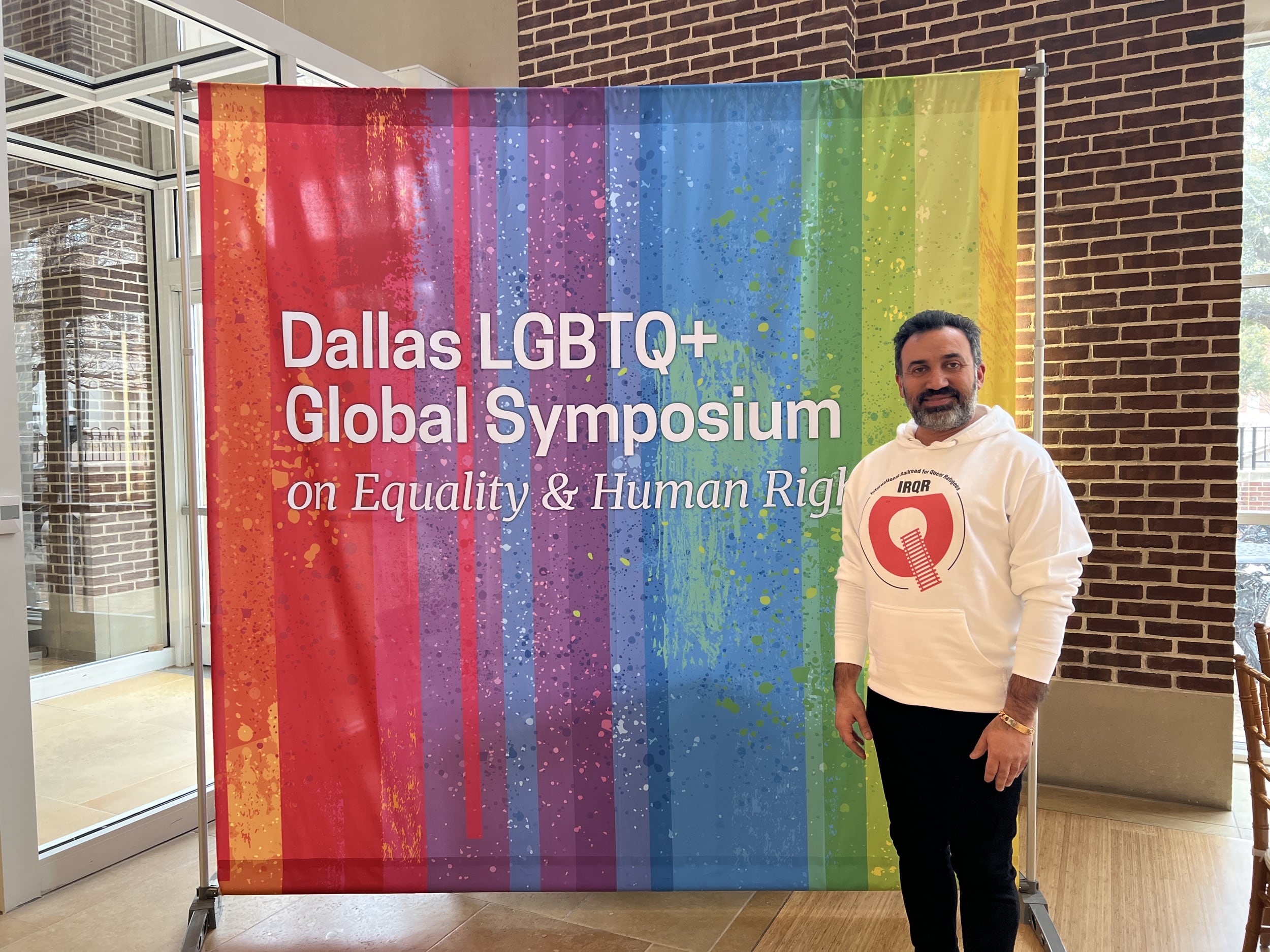
Arsham Parsi standing in front of a rainbow banner at the Dallas LGBTQ+ Global Symposium on Equality and Human Rights
How many LGBTQ+ people from Middle Eastern countries seek asylum each year? How many people have been served by IRQR?
It’s difficult to report those numbers, and there’s no one collecting them. We know there are 4 million total refugees in Turkey.
In the last decade, IRQR has worked with around 4,500 people from Iran, Syria, and Afghanistan (with the majority hailing from Iran). We have a 93 percent success rate in helping refugees be accepted into safe countries.
Are there any IRQR initiatives that you’re particularly proud of?
I’m one of the founding members and current CEO of the Marjan Foundation, which was named for one of our refugees who tragically died in Turkey just a few months before she was set to arrive in Canada. We wanted to honor her, so we started the Marjan Foundation to directly sponsor refugees.
For $25,000 CAD (roughly $20,000 USD), we submit an application to the Canadian government for the first year of a refugee’s life. We meet the person at the airport in Canada when they arrive and provide financial support throughout that first year.
If you’re interested in getting involved in actually saving someone’s life, you can learn more about the work we do here.
You’ve been open about your dream of one day returning to a free and democratic Iran. Do you feel you’re moving closer to that being a possibility?
Every day we are closer because we are closer to the goal. Before the “Women, Life, Freedom” movement in Iran, if you asked me this question, I would have said, “It’s going to happen, but maybe not in my lifetime.” But now I believe it will happen in my lifetime.
There are lots of signs that people want change. More people know their rights. People are learning how to unite, and the regime is more vulnerable than ever.
At the same time, there are a lot of roadblocks. The governments still want to talk to Iran about nuclear deals; these are talks that should be stopped. The Iranian government is not representative of the people, and if you make a deal with them, you make a deal against the people.
Iran is a very diverse country, full of different languages, religions, and skin colors. People should not be persecuted for being different. We’re all living in the same world, and our goal is to be a mosaic. There are different shapes, different colors, and different stones — all right beside each other. No stone is higher than the other or better than the other. They’re all at one level.
What can individuals and organizations do to better support LGBTQ+ refugees?
Everyone has to ask themselves the question, What can I do to help? You’re the only person that knows your situation, your talents, and what you’re able to give.
With that said, you can donate. Money is very important and the organization can’t survive without it. Although we don’t have a lot of traditional expenses like office overhead, there are people that need medication, support, and other types of aid.
You can also volunteer. I’ve proved to myself that without money, I can still do a lot. With money, I can do more and work more effectively, but it’s not a solution to everything. Sharing information is important, but it’s not the end of it. We have to roll up our sleeves and do something, too.
Spreading the word to anyone who might need our help is critical. I don’t want anyone to go through the scary, frustrating experience I had many years in Iran, when I didn’t know who to reach out to or who to talk to.
Learn more about the International Railroad for Queer Refugees, which is supported by Tides Foundation, and how you can get involved.

LGBT
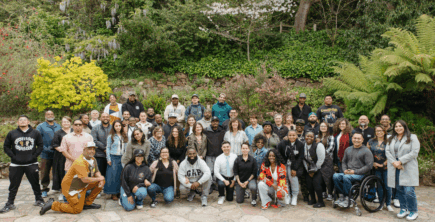
Corporate Partners
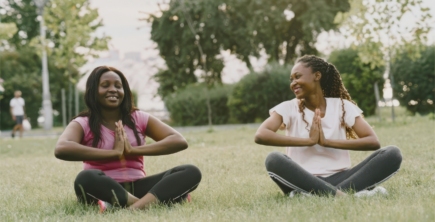
Philanthropy

Read the stories and hear the voices of social change leaders fighting for justice.